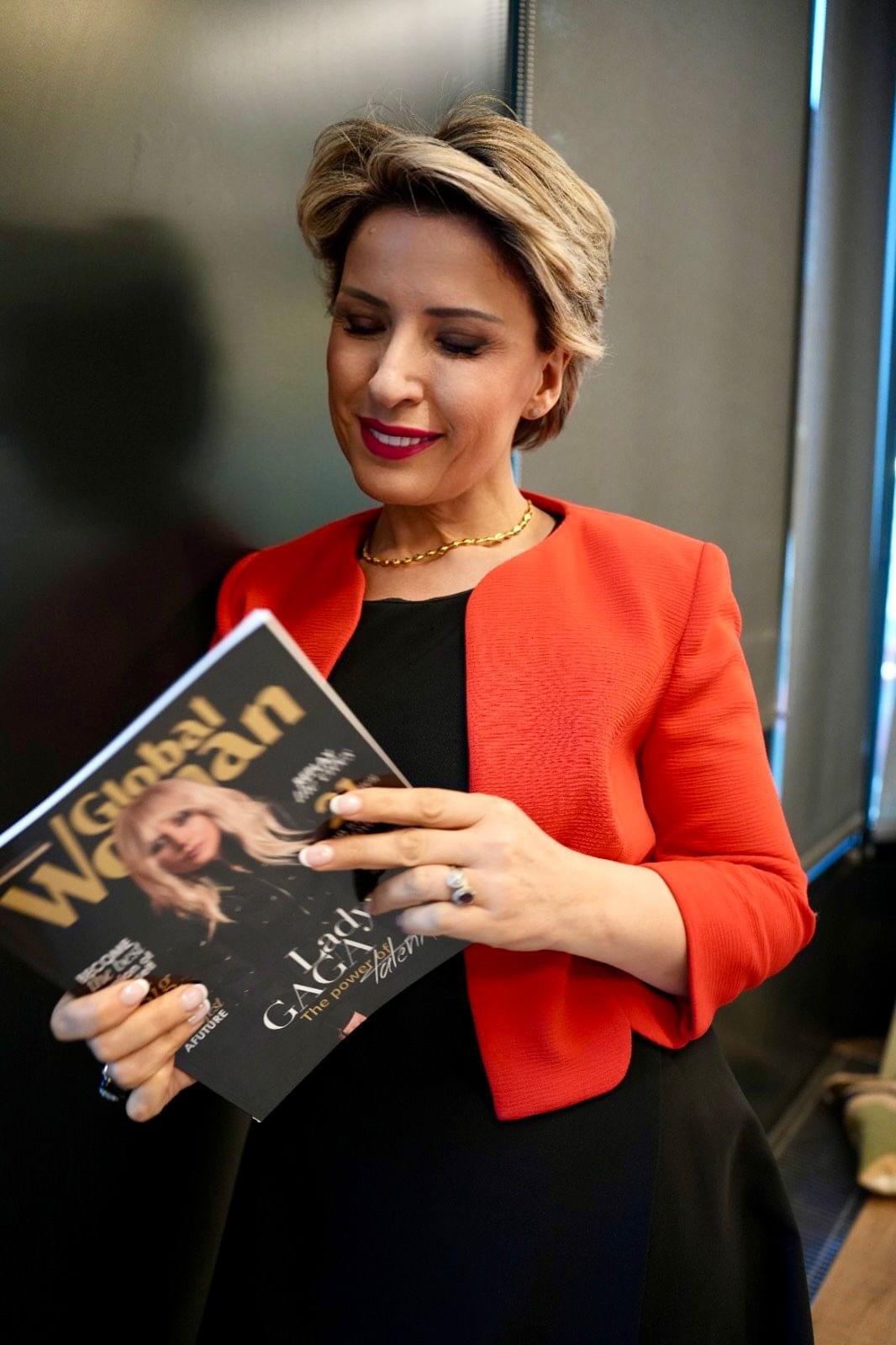Are you using your energy wisely?
Three essential and simple practices to make the most out of your time and be more organized
By Patty Cruz-Fouchard
If there is one resource we all know is limited – it is time. There are 52 weeks in a year, seven days in a week and 24 hours in a day; during which we strive to achieve our goals, responsibilities and basic needs. No one or nothing can extend time (although, wouldn’t it be great if we could?). Knowing we all have limited time available, how do we ensure we utilise it in the most productive way? How do we get the important things done and avoid burn out? How do we make sure we are using our energy wisely and focus on what matters?
By implementing in your routine the following three practices – you will increase the chances of actually getting things done effectively and efficiently.
1. Prioritise
Prioritisation is the ability to distinguish what really matters from what may seem interesting but does not necessarily contribute to our vision. The way to identify what really needs our attention, is to examine your to-do-list and ask yourself the following questions for each item you have in it:
- What are the implications of not doing/doing this activity?
- What does it mean to me or to my organization to do/not do this activity?
- What activities are more aligned with my vision?
- What activities require more investment? (i.e. resources, effort, time)
After going through your list of activities and responsibilities, group them by how important it is to get them done: High Priority, Medium Priority, Low Priority – consider deadlines too when going through the list. Start by tackling the most important tasks, those that will bring you back the most! Having finished dealing with what requires most of your effort will give you a great sense of accomplishment and will motivate you to move on to the less important activities – you will be on a roll!
2. Say NO
This is the ability to “let go” of what is not aligned with your values, interests, abilities, goals and vision i.e. your priorities. Being able to say “no” is a strength that is important when it comes to managing time. The word “no” should not be taken as a negative connotation (and, this is coming from a very positive person, who always sees the glass “half full”). When you say “no” to an activity or a person, you are allowing for a “yes” to make it into your schedule–that could be a “yes” to, exercise, relax or another activity that is important to you (i.e. new client). I advice you to look at your diary and be honest with yourself – what appointments, meetings and activities have you got yourself into, and know do not contribute to your goals and well being or don’t have any meaning to you and your business? It’s time to let go of these activities and make more time for the important, meaningful tasks.
3. Outsource
Getting help from others to do what is not exactly your strength, passion, interest or that contributes to your efficiency is a great way to save energy, time and money. Yes! Money too! Why? Because, delegating the activities that you, your team or organisation do not have the right skills for, will mean you have more time to do what you are actually good at and enjoy. If you invest your time trying to build a website when you have neither the experience nor the technological knowledge– you will not only spend more time than a web designer, but you will also sacrifice time that would be better utilised with clients, family or with yourself. It is also very likely that the finished product will not be the same quality as if someone with the right skills would have done it. Get it? You waste time (it takes you longer) and the cost of opportunity translates into lost revenue.
Plan how you and members of your team will manage time (diarize the time you need for each activity) and break down big projects into chunks of time, this will ensure you are realistic about how much can be done in a given, well-defined period.
Make sure you evaluate at the end of each period (i.e. day, week, month or predetermined time frame) how much you got done and what was missing for the things you couldn’t achieve – tweak and adjust for the following period. And remember to celebrate and reward yourself and those who have contributed when a milestone is reached and your goals are accomplished.
Patty Cruz-Fouchard is a Productivity Expert & Professional Organiser – she helps really busy people who are overwhelmed with the chaos in their life become more organised by developing and implementing bespoke systems and routines.
http://organisedandsimple.com






